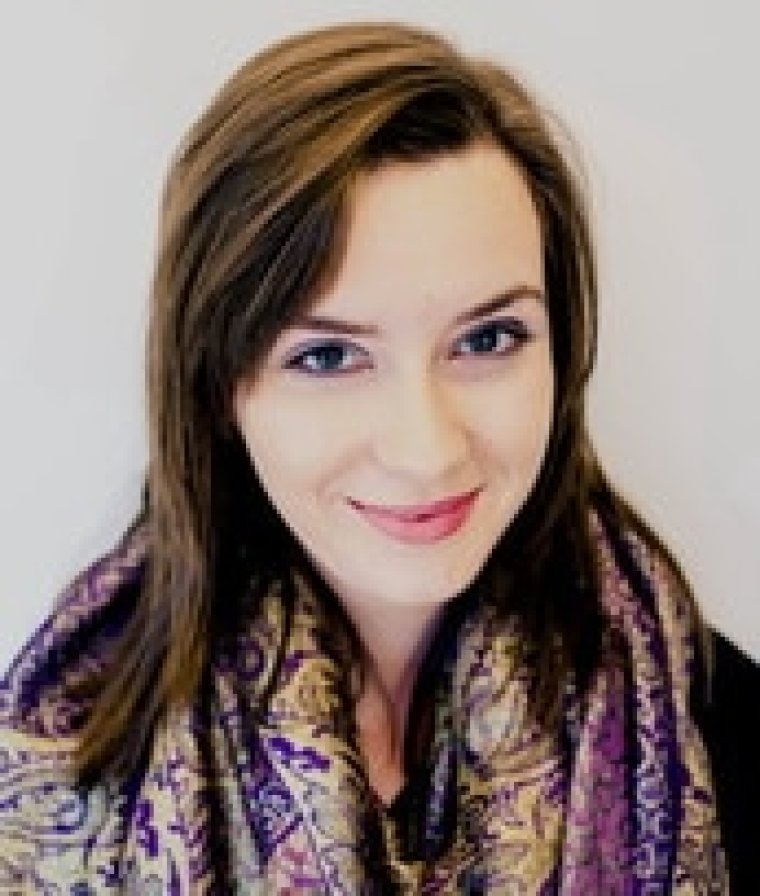

Cancer is many different diseases, and research into helping those who suffer from different types of cancer progresses on a number of different fronts at once. An excellent discussion of the types of cancer and their causes can be found here.
This article will show some new Australian developments into two totally different types of scientific research into cancer; a medical approach and a chemical approach.
Mode of action of new medications
At the Walter and Eliza Hall Institute in Melbourne, researches have been encouraged by the effectiveness of some new medications in halting the growth of blood cancers (eg lymphomas and leukemias). These drugs are called "BET inhibitors" because they control the growth of a protein with the nickname BET, which controls whether genes are turned on or off.
Although these BET inhibitors do stop the growth of some tumour cells, there are always a few cells that survive. These are highly resistant cells, and they may go on to produce more cancer later.
The research has shown that the BET inhibitors require another protein to be present. This is one that is there naturally, and helps aged cells to die in normal tissue. This protein, together with the BET inhibitor, makes sure the cancer cells die.
The knowledge of how the drugs work on the cells is one step along the way of designing better and more accurate ways of being able to treat these types of cancer. Researchers now know what to do and how to do it to progress to the next stage of treatment, and are not just muddling along in the dark hoping the next thing will work.
As with all science research, it is just one more little step along the way. There is a long way to go yet, and a long time until new treatments are developed and tested. But it is a necessary step, and one that could modestly be called a "breakthrough".

Chemical manipulation of a natural anti-cancer agent
Meanwhile, down by the sea at the University of Wollongong, chemists have been searching for new anti-cancer agents for a couple of decades.
They have been concentrating on plants and animals from the sea that cannot run away, and have a range of chemical defences that can harm predators. Some of these are poisonous, but many have therapeutic value. This follows our ancient traditional medicines derived from plants in most human cultures.
Even today, it is variously estimated that between 50% and 70% of effective modern medicines are derived from natural compounds in plants – aspirin is probably the most common, and famous of these.
In 2002, in collaboration with Southern Cross University, the Wollongong researchers found compounds from the White Rock Sea-snail egg that were effective at killing cancer cells. However, they could not be used as therapeutic agents in their natural form.
"The problem is particularly that cancer cells have these pumps present in their cells and cell membrane and they can actually pump out compounds from within the cell like an anticancer drug and hence make that drug ineffective," UOW Emeritus Professor John Bremner said. "So it makes the cell resistant to that drug and that's a really big problem."

New research
The new research from his team has shown that chemical modifications to the natural compounds prevent the cancer cells from eliminating the poison, and 100% of the cells die (at least in the petri dish in the lab). Under the same conditions, one common anti-cancer drug only killed 10% of the cells.
But like all scientific research, this is only one step forward. The next stage is to make sure the compounds are safe for injection into humans, then they have to be tested for effectiveness "in vivo" (ie in living people), then approved for safety and so on. All this depends on the success of each step, and on continued funding for the ongoing research and clinical procedures. It could take 5-10 years.
Only by using different approaches and collaborating and learning of each others work, is progress being made.
Hebrews chapter 10, verses 24-25: "And let us consider how to stir up one another to love and good works, not neglecting to meet together, as is the habit of some, but encouraging one another, and all the more as you see the Day drawing near."

Dr Mark Tronson is a Baptist minister (retired) who served as the Australian cricket team chaplain for 17 years (2000 ret) and established Life After Cricket in 2001. He was recognised by the Olympic Ministry Medal in 2009 presented by Carl Lewis Olympian of the Century. He mentors young writers and has written 24 books, and enjoys writing. He is married to Delma, with four adult children and grand-children.
Mark Tronson's archive of articles can be viewed at http://www.pressserviceinternational.org/mark-tronson.html